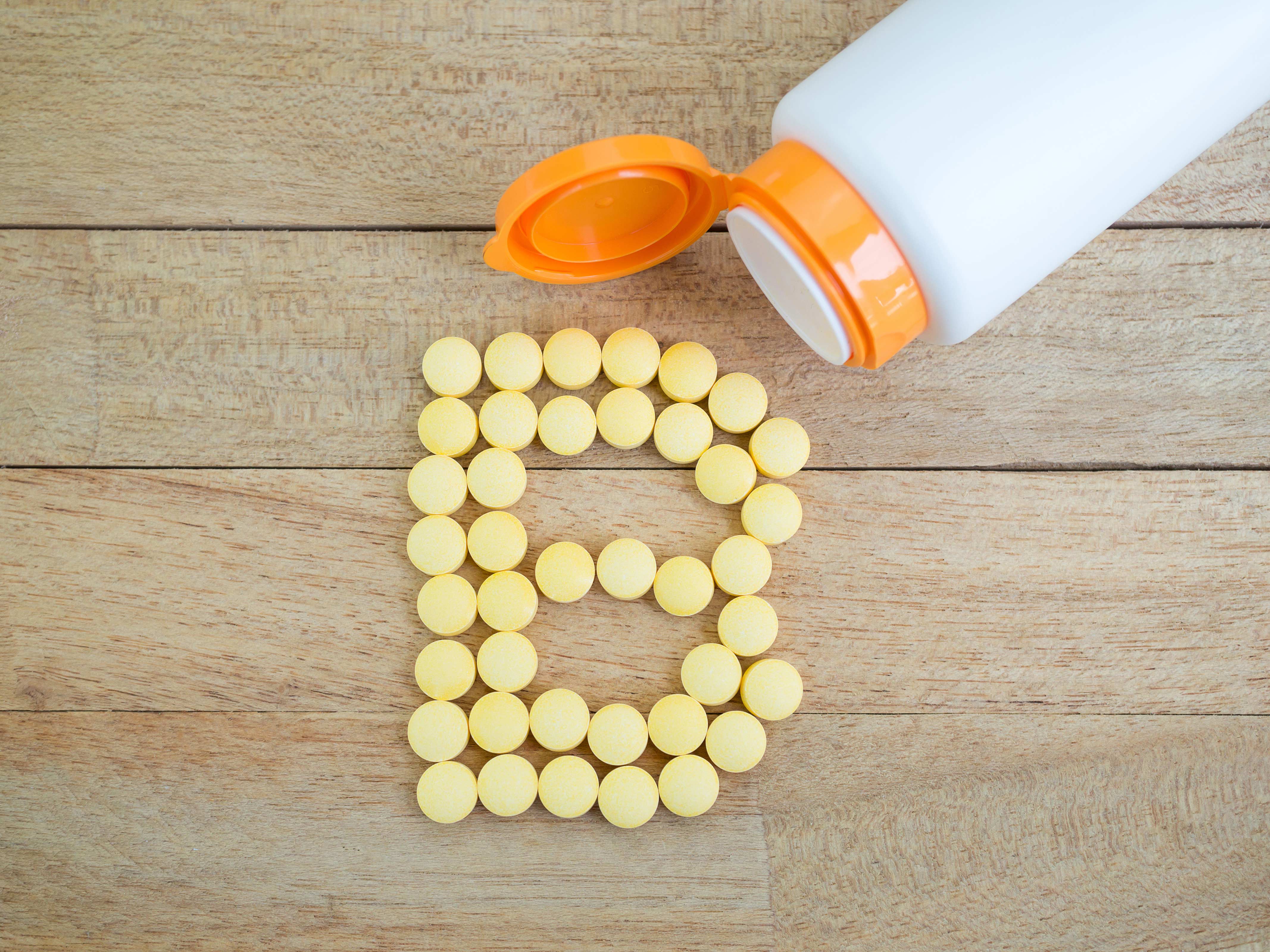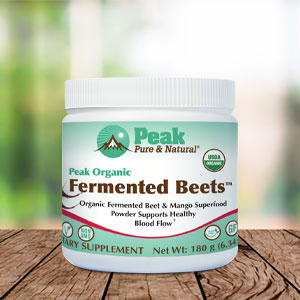Get Easy Health Digest™ in your inbox and don’t miss a thing when you subscribe today. Plus, get the free bonus report, Mother Nature’s Tips, Tricks and Remedies for Cholesterol, Blood Pressure & Blood Sugar as my way of saying welcome to the community!
Help stop a stroke with this B-vitamin

You’re blitzed with numbers and facts in everything you read.
It can be tough to make sense of any of it, but here’s a number that’s easy to understand.
The environment causes 1 out of every 4 deaths, according to the World Health Organization and the vast majority of environment-related deaths are due to cardiovascular diseases, such as stroke and ischemic heart disease.
Air pollution is the biggest contributor. So how in the world are regular people supposed to battle that?
Weirdly, under “Strategies to reduce environmental disease burden,” the WHO doesn’t give any advice on reducing this risk. It only talks about using “cost-effective strategies” to reduce the risk from other problems that kill a tenth as many people.
We already know that having normal blood pressure keeps stroke risk low.
But you can lower stroke risk even further, especially if you already have hypertension or pre-hypertension, by adding foods high in folate — vitamin B9 — to your diet.
Folate lowers stroke risk
Folate is crucial to proper brain function, the health of the blood vessels that supply your brain, and helping your body turn food into the fuel your brain uses to function.
But many people aren’t aware of the mechanism behind why folate is valuable for blood vessel health.
It’s because folate is one of two direct ways to affect your body’s nitric oxide (NO) production. And nitric oxide, being a natural vasodilator, is key to helping arteries retain the elasticity they need to open wide and flex to help guide oxygen-rich blood through the body.
When we eat foods containing dietary nitrate, like spinach or beets (don’t confuse this with sodium nitrite and sodium nitrate food preservatives used in lunch meats and hot dogs), a chemical reaction occurs with good bacteria or microflora on the tongue. The result is that the nitrates are converted to nitrites and then nitric oxide in the gut, bloodstream and various organs.
Supplementing your artery health
Low folate is fairly common, so foods that have no nutritional value are often “fortified” with it. The average American gets about 100 to 150 micrograms (mcg) of folic acid a day from fortified grain products. The RDA is 400 mcg.
But grains can also raise your blood sugar, raising your risk for metabolic syndrome, also called stroke syndrome, which can give you high blood pressure… and you’re back where you started.
On top of that most people eat refined grains instead of whole grains, and that can actually stack the odds of stroke against you.
Taking a multivitamin with folate may be a better option. But research claims the nitrate–nitrite–nitric oxide pathway, which occurs when eating foods like beets and spinach, is the most bioavailable, sustainable and fastest route for raising NO levels.
Editor’s note: There are perfectly safe and natural ways to decrease your risk of blood clots including the 25-cent vitamin, the nutrient that acts as a natural blood thinner and the powerful herb that helps clear plaque. To discover these and other secrets of long-lived hearts, click here for Hushed Up Natural Heart Cures and Common Misconceptions of Popular Heart Treatments!














